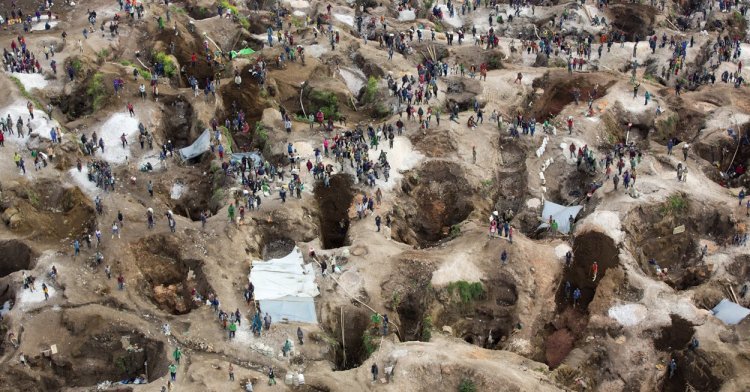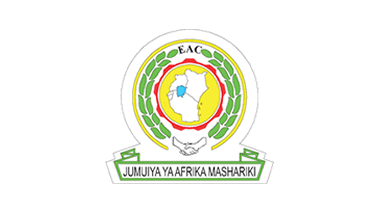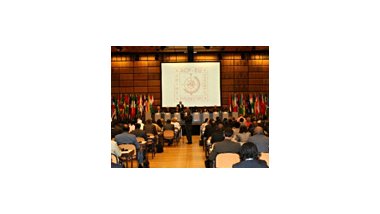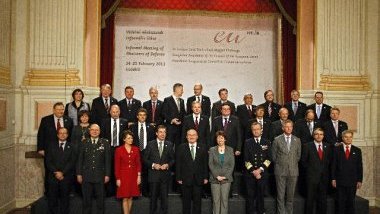But what are conflict minerals and how do they concern the EU?
The term “conflict minerals” refers to the illicit trade in tin, tantalum, tungsten and gold which funds brutal conflicts such as the ongoing civil war in the DRC. Minerals obtained from illegitimate sources are mixed with “clean” minerals in smelting factories and are thus very difficult to trace.
Although you may not realise it, you use these minerals every day – they are found in electronic devices such as the laptop, phone or tablet you are reading this on. As a result of the murky process through which conflict mineral enter the marketplace, it is probable, then, that the device you are reading from right now has indirectly funded militias and their atrocities in war-torn nations. With a global minerals industry worth estimated 200 million euro/year, it is vital, then, that something be done. Here, the EU may be able to provide a solution.
With the issue on the security agenda for some time now, recent attempts by the European institutions to tackle the problem have become more frequent. As a consumer of a quarter of the market’s tin, tantalum, tungsten and gold, the EU is ideally placed to make a significant impact in cutting the funding of human right’s violations, particularly since concept of human rights is considered a core European value.
What is needed to make a difference?
Without significant incentive for European manufacturers to make an effort to ensure that their materials are responsibly-sourced, legislation is needed to create a change. Pressure on both suppliers and importers of conflict minerals to responsibly source their materials would significantly reduce militias’ income from their “taxation” of mineral mines.
Less funding would mean fewer weapons, and fewer weapons would diminish the rebels’ ability to terrorise civilians
Why would single-state action never work?
Change could never be achieved by individual states due to the competitive nature of the market. The neoliberal system means that the higher prices of responsibly-sourced minerals would mean that people look elsewhere for their products – it would be more beneficial for an individual state to continue to fund atrocities to keep their prices lower and compete with their neighbours.
Because self-interests are key in the anarchic unregulated international economy, effective legislation could never be implemented without the help of supranational body like the EU.
The cooperation of states that the EU guarantees corrects the failure of the markets to safeguard human rights by imposing regulations that apply to all, eliminating relative disadvantage.
How can the EU make this difference?
The EU has the power as an international institution to implement legislation and enforce it, mitigating the problem of inter-state price competition.
Proposed EU legislation will therefore require companies to responsibly source materials.
These regulations will aim not only to break the economic chain between consumers, manufacturers, smelters and armed conflicts (and promote supply chain due diligence), but it will also create a market demand within the EU for responsibly-sourced products, whilst maintaining links with suppliers from Congo so as not to destroy jobs of local miners.
Greater transparency, too, will also be promoted through the annual publication of a list of responsible smelters and refiners by the EU.
What is already being done?
The EU has already made attempts at tackling the problem of conflict minerals, though they remain fragmented and ineffective.
In 2010, the EU Parliament called for legislation similar to the US’ Dodd Frank Wall Street Reform, and the following year the EU began to provide funding for the implementation of the OECD Due Diligence Guidance. Much of the existing legislation, however, remains voluntary – importers are not obliged to comply with legislation, but only risk being labelled as “non-responsible” if they do not. There has therefore been little substantial impact.
But is this starting to change?
On 20th May this year, it was announced that the EU parliament had voted to ensure mandatory compliance for all importers of conflict minerals with new legislation which requires them to provide evidence of their responsible sourcing through clean supply chains.
With 400 votes to 285 (and 7 abstentions), MEPs overturned the Commission’s proposal for a request for a “self-certification” system for smelters to responsibly source materials. Instead, they have voted for a compulsory audit of companies “due diligence practices”.
The Parliament has also requested that the Commission provide financial aid to smaller businesses to enable them to comply with new regulation and to ensure that they are able to remain competitive.
This legislation has not yet been formalised as the Parliament has conceded to negotiate with member states and procure an informal agreement before creating a final form of the laws.
What next?
The future of the EU’s role in conflict minerals now rests in the negotiations with member states.
Conflict minerals are becoming an increasing threat to human rights and because it is not an issue that can be tackled my individual countries, responsibility falls to the EU. Despite slow and fragmented progress, the renewed position of the problem on the agenda is promising for the possibility of a resolution.
Can the EU take the world a step closer to solving this global problem? Time will tell.








Follow the comments: |
|
